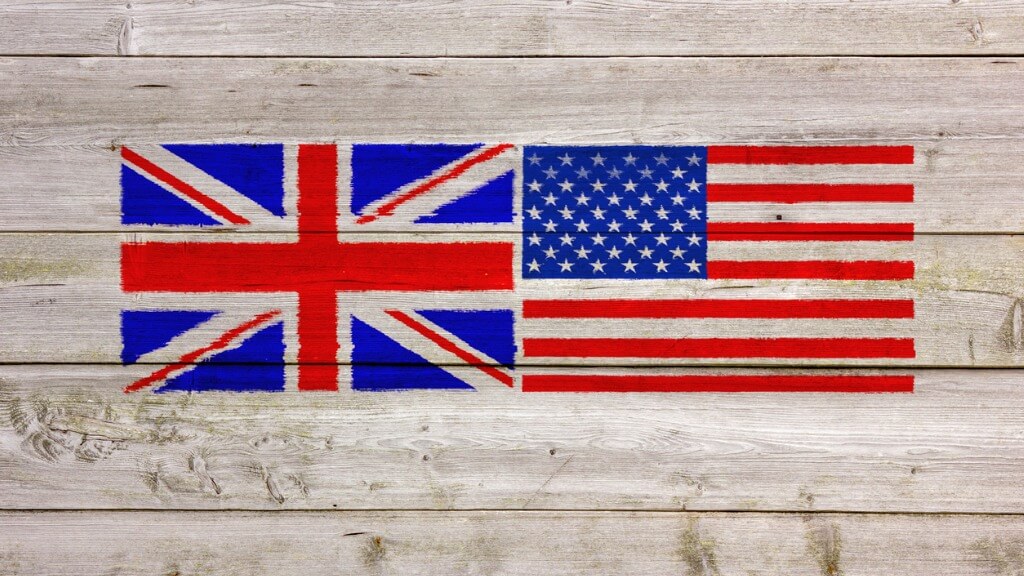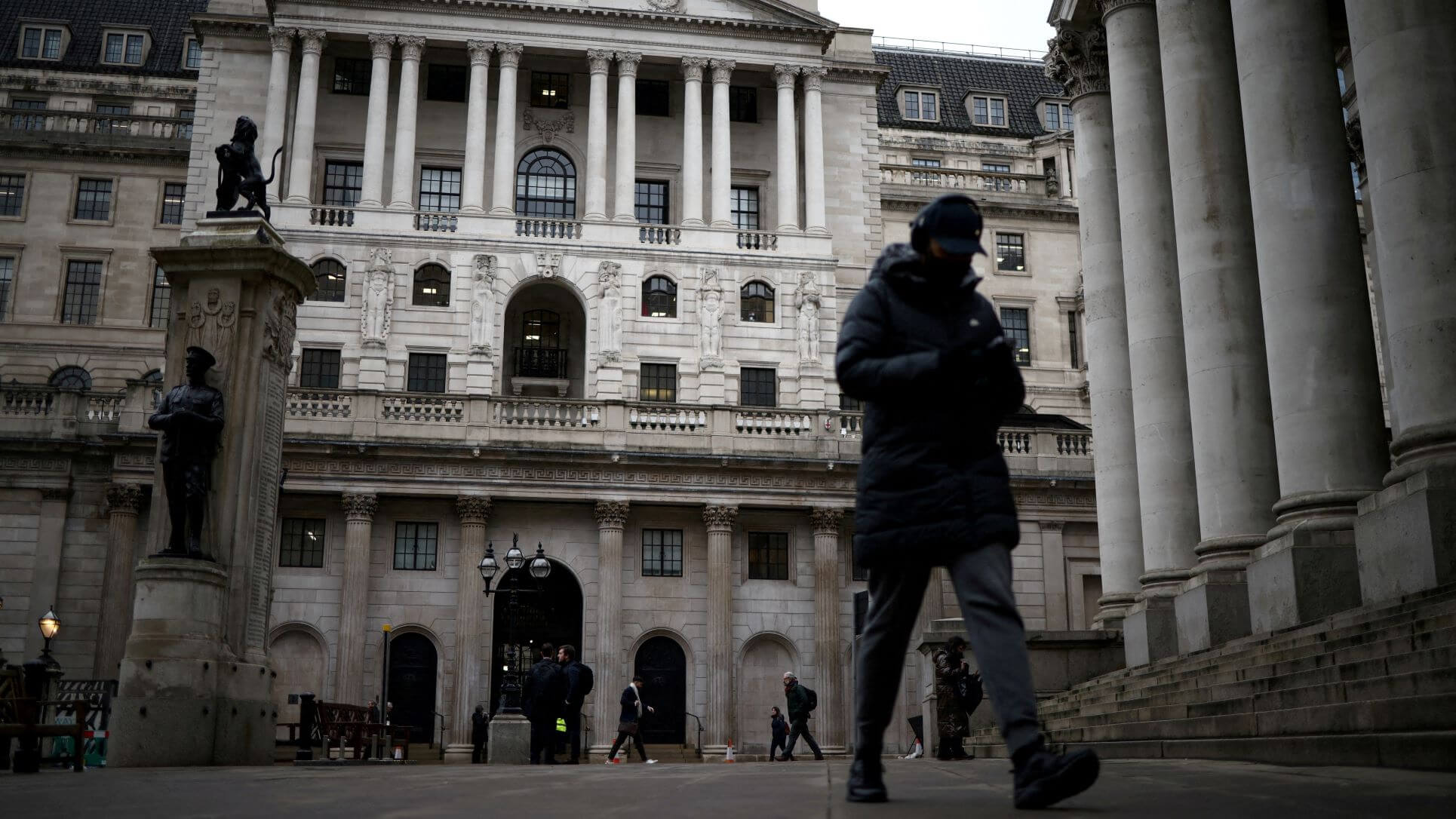UK-US trade relations are in a strange place, but with some preparation your products can cut through the noise.
Selling To US Markets
UK-US trade relations are in a strange place, but with some preparation your products can cut through the noise.

After the Royal wedding in May, the ‘special relationship’ between the US and UK was brought into sharp focus. The sheer number of US tourists who made the journey to watch Meghan and Harry tie the knot was testament to the appetite that many American consumers have for all things British, and many British companies jumped on the opportunity for a boost in US exposure.
Major British players like Rolls Royce have enjoyed decades-long success across the pond, but the US is a great prospect for small businesses too. In a survey of small British businesses conducted last year by OFX, 63% cited the US as the most attractive market to start exporting to post-Brexit.
Yet it’s not all fine and dandy. Shortly after the Royal wedding, tariffs imposed by the Trump administration brought the idea of a special relationship into question, and mixed opportunity with uncertainty for those looking to enter the US market.
For small businesses, it’s never been more important to have a solid strategy in place when exporting to the US.
There’s still a huge opportunity for small businesses
As it stands, the steep tariffs imposed by the US only affect European exports of steel and aluminium. It’s therefore unlikely that small businesses will be directly affected – especially not those that are selling direct to consumers.
For small businesses, the real concern comes from a wider question around how these ‘trade wars’ will affect the global economy. If the Chinese economy is severely impacted, for example, this could drive up the price of Chinese imports to the UK.
As such, it’s important to consider your supply chain – do you depend heavily on Chinese manufacturing and raw materials for your products? If so, you will need to watch out for any price hikes down the line.
Over the longer term, the tariffs could also lead to more uncertainty for Britain’s trading prospects post-Brexit. Supporters of Brexit have long held out hope that a free trade deal between the US and UK could make up for any economic pain caused by leaving the EU.
However, if the current trade wars signal a future of American insularity and mistrust, then any chances of a trade deal could be severely hampered.
By and large, though, the US still has some of the lowest barriers for British exporters. As one of the world’s largest consumer markets, not only is there a huge volume of potential customers, but there’s also a huge diversity of needs and tastes. For most small exporters, the opportunity does outweigh the risk here.
Dealing with the dollar
Given the fast-changing geopolitical climate, currency should be one of your first considerations when building your export strategy to the US. The dollar moves in parallel with broader shifts in the global economy, and as its value changes, any volatility can have a major impact on your bottom line.
The best place to start is by partnering with a payments provider who you can trust – and that doesn’t have to mean a bank. Pick a partner who specialises in small businesses, and they will be able to offer advice that’s bespoke to your specific needs. They’ll also be able to offer competitive exchange rates.
Recent exchange rate volatility looks set to continue for the pound as Brexit anxiety rises and upcoming economic data influence expectations for an interest rate hike from the Bank of England.
Rate hikes generally attract foreign investment, increasing demand for currencies and causing them to increase in value. With the chances of a 2018 interest rate hike shifting, forward buying foreign currency to use later in the year could be a smart way to manage risk and ensure the best rates moving forward.
The dollar is in much better shape than the majority of analysts had forecast at the beginning of the year. The Federal Reserve has already raised US interest rates twice in 2018, with the most recent hike coming in the second week of June. This upward curve will likely continue and will only stop if Trump and his advisors signal that the dollar is overvalued and is hurting US trade.
If you have not fixed your exchange rate, you have not fixed your prices. You should therefore consider whether the best option for you is to set your prices in sterling or in US dollars.
A specialist currency adviser should be able to help you make an informed decision, and ensure you are pricing your products so they remain attractive for your customers, whilst maximising the revenue you bring home.
Make the most of marketplaces like Amazon and eBay
Online marketplaces provide an opportunity to reach your customers directly, without having to go through local agents or distributors. This means you’ll be able to stay flexible and have complete control over how you bring your products to market.
Alongside their many benefits, these marketplaces are tremendously crowded, and so you’ll need to do something special to stand out. The best way to start is by telling a compelling brand story. This is where working on your British image will pay off.
Make it quintessentially British, take unique photos to illustrate your products, and make clever use of product descriptions to maximise your impact.
You will quickly want to build a loyal customer base. Adding a small gesture of thanks with each delivery can be a nice touch, creating a great experience for your customers straight out the gate. It’s not just about attracting customers at the point of sale – it’s also about making the whole process memorable, so that people keep coming back.
Of course, customer retention is key in any business, and exporting to a market that’s thousands of miles away means smaller companies need to go the extra mile if they are to achieve this. For example, adding discount vouchers to your delivery parcels won’t take up much space and can help drive traffic back to you.
Pay attention to payments, too. Many online marketplaces charge significant fees for international payments and limit the frequency with which you can repatriate funds. Plugging in a specialist global payments service will help you get better rates and have greater flexibility and access to your funds.
Tapping into the appeal of Brand Britain
This is the fun part. Whether you choose to set up a contract with a local distributor or choose to go it alone on a marketplace like Amazon, playing on your Britishness will not only increase your chances of success – it will also be a useful exercise in developing your brand for global exports.
The US is particularly receptive to British tradition. That’s why you should tap into your British heritage and give your products a sense of character that’s unique to your business.
Companies who have done this successfully include Tyrrells, Newcastle Brown Ale, and Bremont watches. These are great examples of smaller brands who have capitalised on their Britishness to achieve a good presence in the US.
Whatever industry you’re operating in, one of the biggest draws for US customers is the association with British quality. If you’re manufacturing or assembling your products in the UK, it’s absolutely something you should hijack for your marketing – the ‘Made in Britain’ marque is a great way to do this.
David Nicholls is Director of Enterprise Development at OFX, an international payments company.
Thanks for signing up to Minutehack alerts.
Brilliant editorials heading your way soon.
Okay, Thanks!

